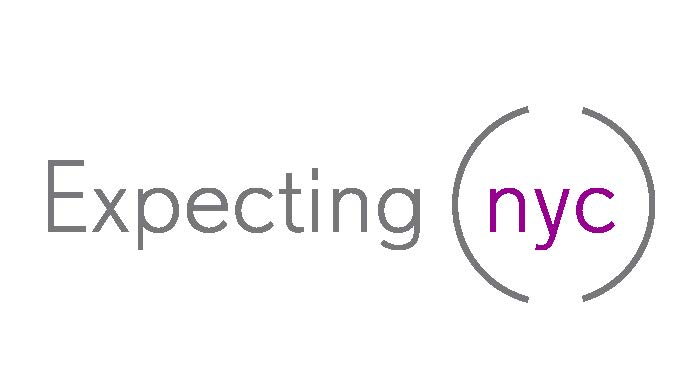Transforming Pain as Doulas
/By Kristy Zadrozny
What is childbirth, really? Is it just about getting a baby out? Of course not! It’s also about becoming a family and working hard to discover what our bodies are brilliantly capable of. As doulas, it’s our job to see our clients through the process, to witness their transformation before our eyes, as they dig deep to find the strength to get through labor and birth.
They have to ask for help AND let others help them, which doesn’t always come naturally to people. Many adults have spent their lives learning to be self-sufficient and strong. Then, labor requires us to be incredibly vulnerable as we work through the hard stuff. And when as we do, we usually we get a pretty cute baby out of the deal. As professional doulas and educators, what’s the best way for us to help our clients get through their childbirth?
I’m here to tell you that it’s not something we learn in a book or at a training, but rather, learn in the way we approach our own lives daily. We become better doulas when we choose to do the hard things in our lives rather than running away from it—being a good doula requires us to embrace the emotional labor so that we can learn and grow to become our best selves.
So, how do we understand and embrace the “labor” in every aspect of our lives?
I want us to think about and reframe our relationship to pain. Not just physical pain, but emotional discomfort and intellectual pain, as well. I, for one, have been running away from pain my whole life. Then, I began meditation, and a couple of years ago, I signed myself up for a 10-day silent meditation retreat. Suddenly, there it was. I felt it all. I was vulnerable in a way I had never been before, and I realized that, for me, the only way out was through it. How often do we tell our laboring clients this? I was faced with my own advice; I could no longer run; I had to be with my pain and my sadness and my grief and my anger. And I had to ask for help.
So, let’s break this down. What is pain? It’s a physical or emotional sensation that tells the brain that something is (usually) wrong. And so, when there’s something wrong, we usually feel afraid. We retreat, or we run, or we rage. If pain is this sensation that causes a thought (“something is wrong”), that causes an emotion (“I feel afraid”), what would happen if we could uncouple that sensation of pain from the thought and the emotion that follows? What does pain then become?
We see pain as information instead. It’s something that needs our attention. When we realize that in this life there will always be pain and we cannot get away from it, we see that pain is a given—something we are tasked to work with and through. So, what about suffering? What is that? Suffering comes from resistance. Suffering is when we are in the middle of discomfort, and we scream that this should not be happening. We thrash, and we flee, and we do everything to get away from the thing we don’t want.
Now, instead of looking at pain and discomfort as a problem, what if we looked at it as a messenger? A package to open? Something to get curious about, maybe an experience to look forward to? When we do this, we can shift pain from being a nuisance and instead, we turn it into a gift.
My teacher, Nancy Bardacke, author of “Mindful Birth”, calls this transformational pain. It is the pain we have to experience to get from here to there. This is teething and puberty and childbirth. These terrible feelings and uncomfortable transitions that have to happen, that we accept, and even embrace sometimes.
So, what about the transformational pain we run away from? How about conflict with your partner, your kids, your colleagues, or your boss? How about your sadness and your regret? How often do we get pissed off and say, “How dare he”, “What is her problem?” How might we change our relationships if we met conflict with open arms rather than pushing each other and our feelings away?
Here’s the deal. We cannot stop things from happening. We cannot control other people or their actions, but we can decide how we want to meet the challenges in front of us. How might you pause, get curious, and respond, rather than react? What kinds of beautiful transformations and connections can you see happening in your life and in your relationships when you start paying attention? When instead of pushing discomfort away, we tend to it with empathy, compassion and a loving, non-judgmental mindset, just as we do for our clients in labor? Let us do(ula) this for ourselves.


